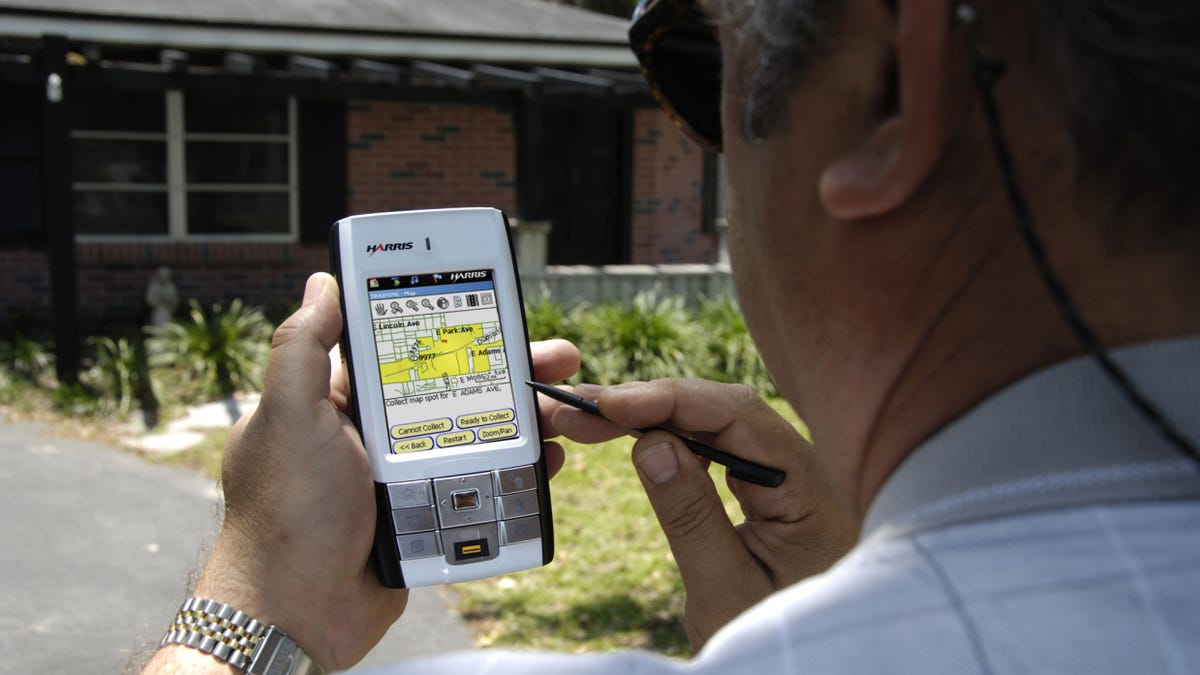U.S. won't use handhelds to conduct census
Plan to collect responses using handheld computers expected to be axed because of glitches. Now census officials say they need an extra $3 billion for a paper-driven process in 2010.

So much for a "high-tech" census in 2010.
Department of Commerce Secretary Carlos Gutierrez plans to tell Congress on Thursday that the next constitutionally mandated count of the U.S. population will be taking place, once again, via old-fashioned pencil and paper, according to a report by National Journal's NextGov blog.
Census officials had been hoping to introduce handheld computers into the process of collecting and transmitting data, but numerous glitches along the way have stymied those plans.
That means, in part because of "recent increases in gas prices, postage, and printing" and the need to hire more census workers, Congress will need to allocate as much as $3 billion in additional taxpayer dollars for the 2010 census, Gutierrez was expected to tell a House of Representatives subcommittee that oversees such spending matters. That means the entire price tag for the decennial process could climb to as much as $14.5 billion.
In mid-March 2010, the U.S. Census Bureau plans to send out forms to all American households, Gutierrez said in prepared testimony obtained by NextGov. Then, from April through June, some 580,000 census "enumerators" will go door-to-door in an attempt to interview those who haven't mailed in the data.
After the 2000 census, government officials started plotting ways to make that "non-response follow-up" process, as it's called in bureaucrat-speak, more efficient, and they settled on the idea of outfitting census workers with handheld computers. But that project, managed through a 5-year, $600 million contract with Harris Corporation inked in 2006, has since "experienced significant schedule, performance, and cost issues," Gutierrez said in prepared testimony.
The Commerce Department, which houses the Census Bureau, decided after conferring with a panel composed of independent consultants to scrap the handheld-computer method this time around and go with paper. Gutierrez said the department has since made "substantial management changes" in an effort to keep the census on track.
The handheld gadget project isn't entirely a lost cause, though, Gutierrez plans to say.
Workers enlisted by the Census Bureau to validate and update the location of every household in the country still plan to use GPS-enabled Harris computers to do that work during the year before the decennial count, which Gutierrez says will permit "the most accurate and comprehensive address list in the census' history."